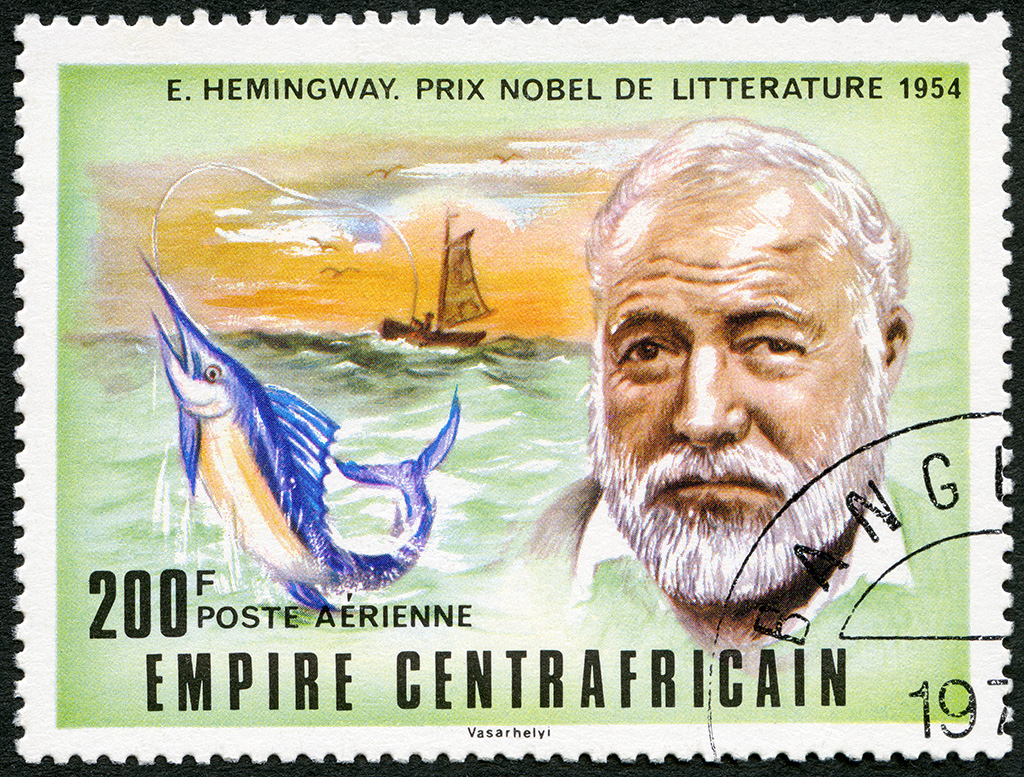SAO PAULO, BRAZIL — In the sultry heat of Sao Paulo, where the air is thick with the scent of corruption and the streets buzz with the hum of desperate ambition, Brazil’s Finance Minister strutted into the G20 meeting with a plan as bold as it was foolish. Proposing a global tax on the super-rich, he aimed to slay the dragon of inequality with the blunt edge of fascism disguised as fairness.
The Minister, with a chest puffed out like a rooster in the dawn, spoke of justice and redistribution. He painted pictures of a utopia where the wealth of the world’s most successful was siphoned away, redistributed to the masses like bread crumbs to pigeons in a park. But beneath the veneer of noble intention lies a sinister truth: the death of capitalism and the rise of a new tyranny.
Capitalism, the very engine that drives innovation, prosperity, and freedom, is under attack. It is the system that rewards hard work, ingenuity, and risk-taking. It is the lifeblood of free men and women who seek not handouts, but the opportunity to build, to create, and to thrive. The Minister’s proposal, however, is an affront to these ideals. It is the work of a man who understands neither the value of wealth nor the virtue of earning it.
In the gilded halls of the G20, where the powerful mingle and plot, the whispers of socialism grow louder. The Minister’s call for a global tax is nothing more than a thinly veiled grab for power, a move to centralize control and strip away the freedoms that capitalism affords. It is a step toward a dystopian future where the state dictates success and failure, where the individual is subjugated to the whims of the bureaucrat.
We must not be fooled by the honeyed words and lofty promises. Fascism, dressed up in the garb of equality, remains fascism. It is the antithesis of the free market, a cancer that spreads, consuming the healthy tissue of innovation and ambition until nothing remains but a hollow shell of mediocrity.
The super-rich, those who have climbed the highest peaks of success, are not the enemy. They are the pioneers, the visionaries who push the boundaries of what is possible. To penalize them for their success is to stifle the very spirit that drives human progress. It is to kill the golden goose in a misguided attempt to redistribute its eggs.
Let us remember the lessons of history, the scars left by regimes that sought to level the playing field through force. Let us remember the poverty, the oppression, the loss of hope that comes when the state grows too powerful, too intrusive. Capitalism, with all its flaws, is a beacon of freedom. It is the promise of a better tomorrow through the sweat and toil of today.
The G20 must reject this proposal with the contempt it deserves. We must stand firm in defense of capitalism, in defense of the freedoms and opportunities it provides. For to embrace the Minister’s vision is to walk the path of darkness, a path that leads not to prosperity, but to the ruin of all we hold dear.
In the end, it is not just the super-rich who stand to lose, but all of us. The Minister’s tax is not a blow against inequality, but a blow against freedom. It is a dagger aimed at the heart of what makes us great. And we must, with all our strength, resist it.
Hemingway would likely have framed this report with a gritty realism and a clear-eyed defense of the values that underpin capitalism, emphasizing the dangers of state overreach and the importance of individual liberty. This story was prompted by a Hemmingway style, Chicago tribune news report to criticize the recent G20 meeting in Sao Paulo, Brazil.

Leave a Reply